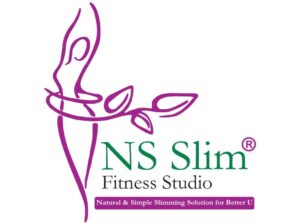Post Pregnancy Diet
A post-pregnancy diet is crucial for a new mother’s recovery and for providing the necessary nutrients for breastfeeding if she chooses to nurse her baby. Here’s a general outline of a healthy post-pregnancy diet

Hydration: Adequate hydration is essential, especially if breastfeeding. Aim for at least 8-10 glasses of water per day. Breastfeeding mothers may need even more.
Nutrient-dense foods: Focus on nutrient-rich foods to support your recovery and provide energy. Include plenty of fruits, vegetables, whole grains, lean proteins, and healthy fats in your diet.
Protein: Protein is important for tissue repair and recovery. Include sources of lean protein such as chicken, turkey, fish, eggs, legumes, tofu, and dairy products.
Fiber: Constipation can be common post-pregnancy, so include plenty of fiber-rich foods like whole grains, fruits, vegetables, beans, and lentils to promote healthy digestion.
Calcium: Calcium is essential for bone health, especially if you’re breastfeeding. Include dairy products like milk, yogurt, and cheese, as well as calcium-fortified foods like tofu, fortified orange juice, and leafy green vegetables.
Iron: Iron is important for replenishing stores lost during childbirth and preventing postpartum anemia. Include iron-rich foods like lean meats, poultry, fish, beans, lentils, fortified cereals, and leafy green vegetables.
Healthy fats: Include sources of healthy fats like avocados, nuts, seeds, olive oil, and fatty fish (such as salmon and sardines) to support brain health and hormone production.
Limit processed foods and added sugars: Try to minimize intake of processed foods, sugary snacks, and beverages. Instead, focus on whole, unprocessed foods as much as possible.
Snack wisely: Choose healthy snacks like fruits, nuts, yogurt, whole grain crackers with cheese, or vegetables with hummus to keep your energy levels stable throughout the day.
Supplements: Depending on your individual needs, your healthcare provider may recommend certain supplements, such as prenatal vitamins, vitamin D, or omega-3 fatty acids.
Listen to your body: Pay attention to hunger and fullness cues, and eat when you’re hungry. It’s important to nourish your body adequately, especially if you’re breastfeeding.
Every woman’s post-pregnancy dietary needs may vary, so it’s important to consult with your healthcare provider or a registered dietitian to create a personalized nutrition plan that meets your needs and supports your recovery journey.
